Funds from the CAP are set to be channelled towards the development of anaerobic digestion across the EU.
The move is an attempt to double the volume of renewable biomethane gas produced across the bloc to help reduce Europe’s dependency on Russian natural gas.
Russia supplies more than 40% of the EU’s total gas consumption, 27% of oil imports and 46% of coal imports.
This week, European Commission vice-president Frans Timmermans set an EU-wide biomethane target of 35 billion cubic metres (bcm) per year by 2030.
The Irish Farmers Journal understands that member states’ CAP strategic plans must channel funding to biomethane produced from sustainable biomass sources, in particular agricultural wastes and residues.
This would mean revisions to Ireland’s draft strategic plan, which was submitted last December. There has been no confirmation if the CAP budget would be increased to facilitate this.
The measure was announced this week as part of the Comission’s REPowerEU plan, which aims to reduce demand for Russian gas by two-thirds by the end of the year. The plan includes further measures to cut dependence on other fossil fuels by 2030.
REPowerEU is based on two pillars. First, the EU will diversify gas supplies through higher liquefied natural gas and pipeline imports from suppliers such as Qatar, US, Egypt, West Africa, Algeria, and Norway.
The second measure involves ramping up renewable energy production and energy efficiency. This includes a target of producing an additional 15m tonnes of renewable hydrogen by 2030, doubling the EU’s solar PV and wind capacities by 2025, tripling by 2030 and doubling its rate of yearly heat pump installations.
To finance some of these measures, the Commission has called on member states to consider temporary tax measures on windfall profits on electricity producers, some of which are benefiting from high electricity prices.
Funds from the CAP are set to be channelled towards the development of anaerobic digestion across the EU.
The move is an attempt to double the volume of renewable biomethane gas produced across the bloc to help reduce Europe’s dependency on Russian natural gas.
Russia supplies more than 40% of the EU’s total gas consumption, 27% of oil imports and 46% of coal imports.
This week, European Commission vice-president Frans Timmermans set an EU-wide biomethane target of 35 billion cubic metres (bcm) per year by 2030.
The Irish Farmers Journal understands that member states’ CAP strategic plans must channel funding to biomethane produced from sustainable biomass sources, in particular agricultural wastes and residues.
This would mean revisions to Ireland’s draft strategic plan, which was submitted last December. There has been no confirmation if the CAP budget would be increased to facilitate this.
The measure was announced this week as part of the Comission’s REPowerEU plan, which aims to reduce demand for Russian gas by two-thirds by the end of the year. The plan includes further measures to cut dependence on other fossil fuels by 2030.
REPowerEU is based on two pillars. First, the EU will diversify gas supplies through higher liquefied natural gas and pipeline imports from suppliers such as Qatar, US, Egypt, West Africa, Algeria, and Norway.
The second measure involves ramping up renewable energy production and energy efficiency. This includes a target of producing an additional 15m tonnes of renewable hydrogen by 2030, doubling the EU’s solar PV and wind capacities by 2025, tripling by 2030 and doubling its rate of yearly heat pump installations.
To finance some of these measures, the Commission has called on member states to consider temporary tax measures on windfall profits on electricity producers, some of which are benefiting from high electricity prices.



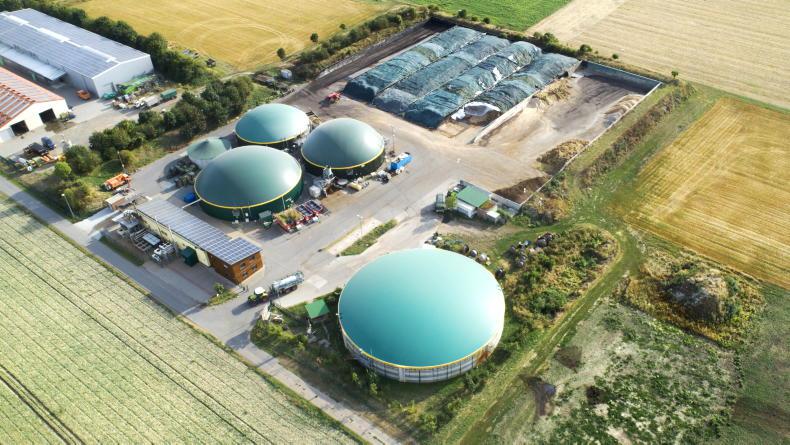
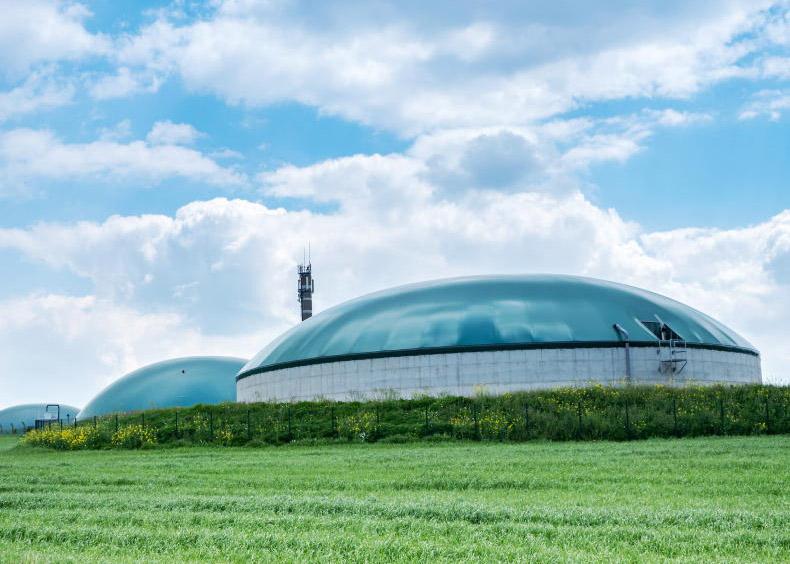

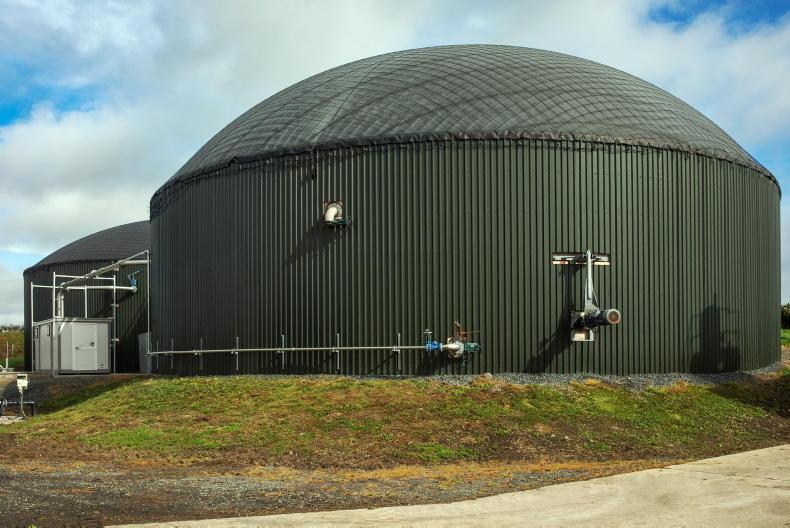
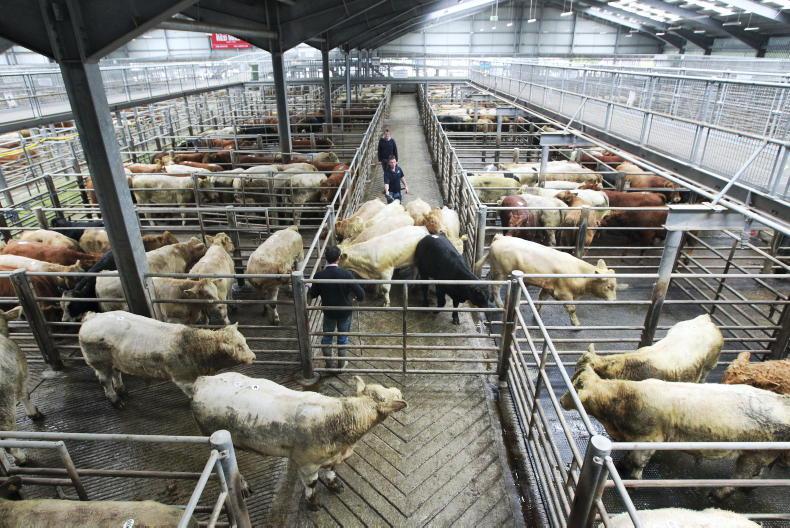
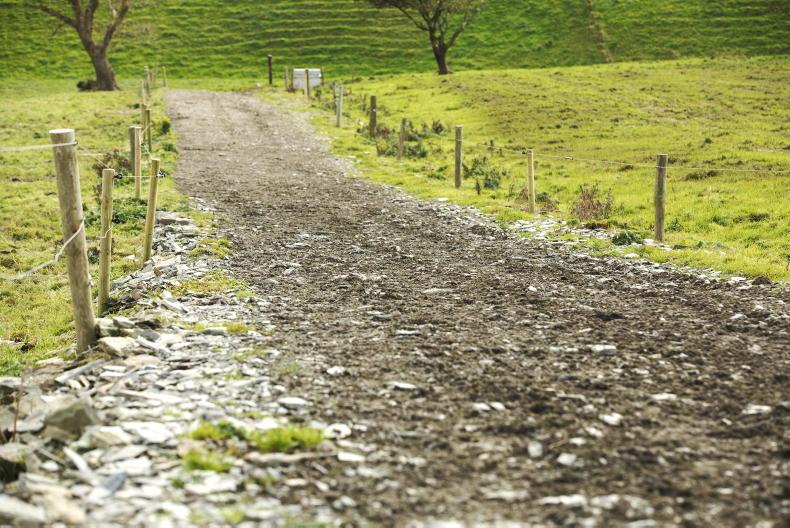
SHARING OPTIONS